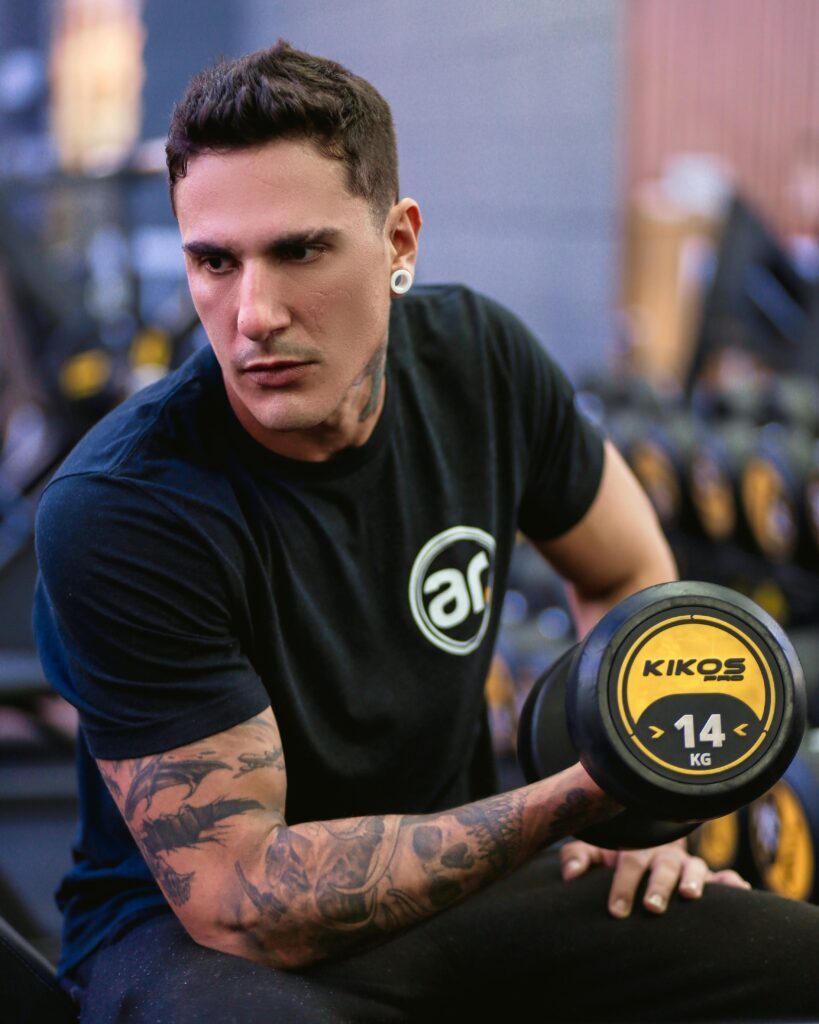A hair transplant is a transformative step toward restoring your hair and confidence. However, the success of your procedure doesn’t stop once you leave the clinic. Proper post-surgery care is essential to ensure the best outcome and to prevent any complications. If you’ve recently undergone a hair transplant, it’s important to be aware of activities that should be avoided to safeguard your new hair and encourage optimal healing. Here’s a detailed guide on what to steer clear of after your procedure.
Avoid Strenuous Exercise
Strenuous physical activity can increase blood pressure and lead to excessive sweating, both of which may interfere with the healing process. For the first two weeks after surgery, it’s crucial to avoid:
-
- Heavy lifting: This includes weight training and any activities that involve lifting heavy objects.
- Cardio exercises: Running, cycling, or any high-intensity cardio should be temporarily paused.
- Sports: Contact sports like football or basketball, or any activity that involves headgear, should be avoided.
Light activities like walking are generally safe, but always consult your surgeon for specific advice based on your recovery.
Stay Out of the Sun
After a hair transplant, your scalp becomes particularly sensitive, and exposure to sunlight can cause significant damage. To protect your scalp:
-
- Avoid direct sunlight for at least a month.
- Wear a loose-fitting hat when you need to be outdoors, as tight hats can irritate the scalp and dislodge grafts.
- Apply a high-SPF sunscreen if sun exposure is unavoidable.
Avoid Swimming
Post Transplant Care is essential, as both chlorine from swimming pools and saltwater from the ocean can be harmful to freshly transplanted hair follicles. Additionally, swimming can expose your healing scalp to bacteria, increasing the risk of infection. It’s best to avoid swimming for at least one month after surgery.
Refrain from Alcohol and Smoking
Alcohol can thin your blood, increasing the risk of bleeding, while smoking restricts blood flow to the scalp, slowing the healing process. For optimal recovery:
Avoid alcohol and smoking for at least a week before and two weeks after your procedure.
Avoid Touching and Scratching Your Scalp
As your scalp heals, you might experience some itching, but scratching can dislodge grafts and increase the risk of infection. To manage discomfort:
Avoid touching your scalp unnecessarily
Use any prescribed medications to relieve itching.
Follow your surgeon’s cleaning instructions carefully to prevent infection.
Postpone Hair Treatments
Treatments such as coloring, straightening, or perming can be too harsh for your scalp and newly transplanted hair. It’s recommended to wait several months before undergoing these procedures, and always seek approval from your surgeon before resuming any chemical treatments.
Avoid Tight Hats and Helmets
Anything that applies pressure on your scalp should be avoided, as tight headgear can damage grafts. If you need to wear a hat, choose one that is loose-fitting and gentle on your scalp.
Sleep with Your Head Elevated
For the first few days after your hair transplant, sleeping with your head elevated can help reduce swelling. Using multiple pillows or sleeping in a recliner can make this more comfortable.
Conclusion
The success of your hair transplant relies heavily on the care you give your scalp after the procedure. By avoiding strenuous exercise, protecting your scalp from the sun, staying out of the water, refraining from alcohol and smoking, avoiding scratching your scalp, postponing hair treatments, wearing loose headgear, and elevating your head while sleeping, you’re setting yourself up for the best possible results.
Always follow the specific post-operative instructions from your surgeon, tailored to your individual needs. With proper care and patience, you’ll soon enjoy healthy new hair growth and the confidence that comes with it.
For more advice on post-transplant care, contact COVA Hair today to ensure you’re on the path to a successful recovery and long-lasting results.
Book a consultation today with COVA Hair and take the first step toward your hair restoration journey.



